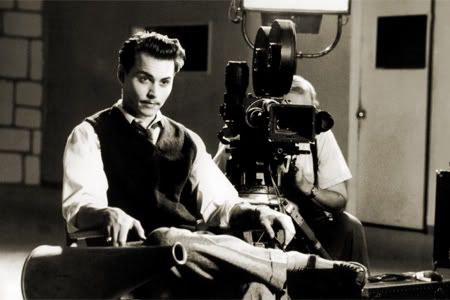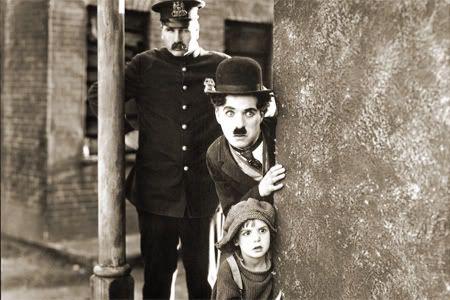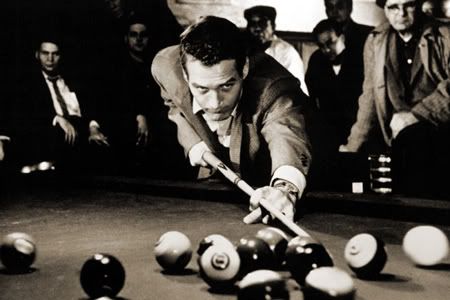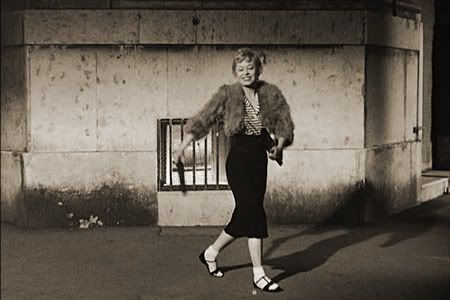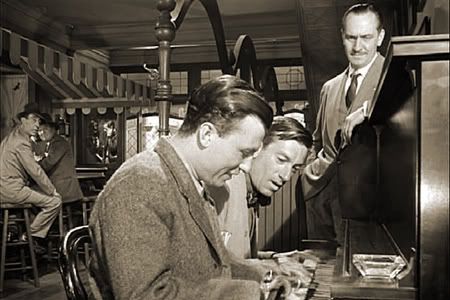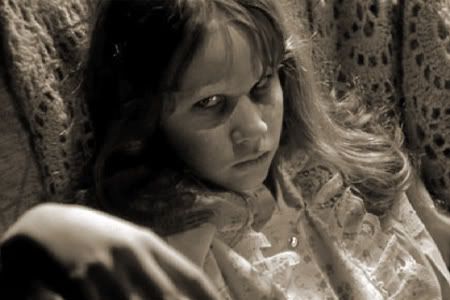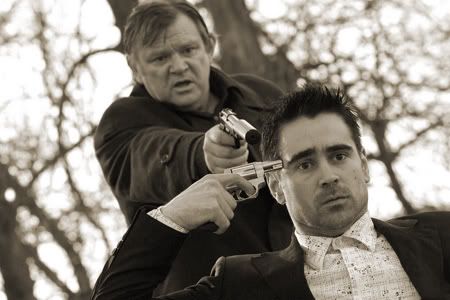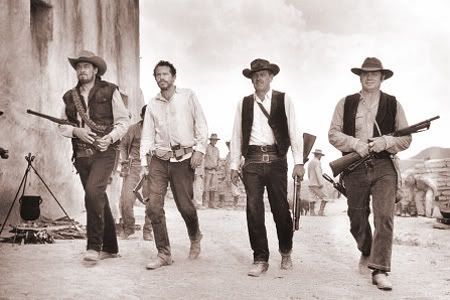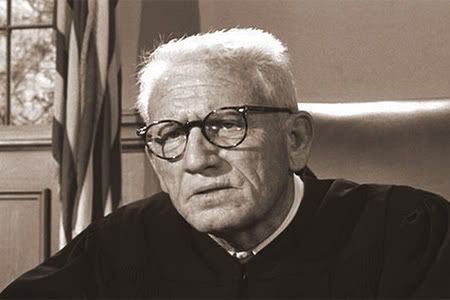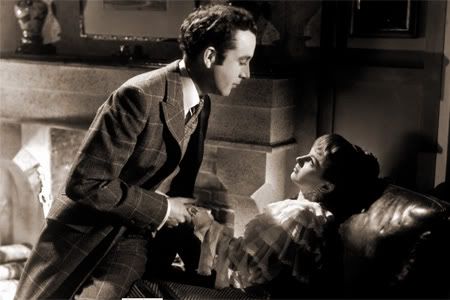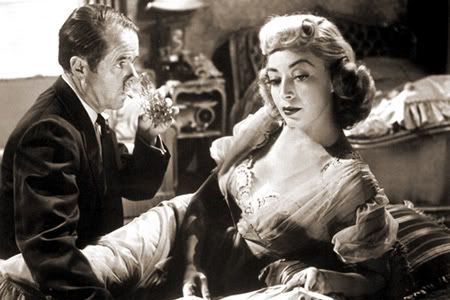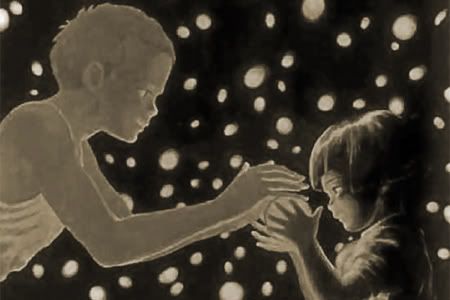
Dial M for Murder is an adaptation of a stage thriller by an English playwright Frederick Knott. It's a story of a perfect murder. Ex-tennis star wants to inherit his wife's fortune, so he develops a carefully constructed plan and blackmails his old acquaintance from Cambridge into committing the murder. His intentions are justified by the fact that she is cheating on him.
For some weird reason, the people who make Russian translations of movies decided to change the title a little, so over here it is known as "In Case of a Murder Dial M", which makes absolutely no sense to me. But whatever, it doesn't have to do much with the movie itself.
I think the movie is one of Hitchcock's best, but I feel like I should be careful when talking about adapted screenplays, because unless you've seen/read the original work of art it's based on, you don't know if the credit should go to the director of the film or to the writer. I mean, of course, choosing the right book or play to adapt, and turning it into a great movie (or at least not messing it up too much) requires some talent, but I admire those who can turn an average work into a brilliant movie. I'm talking about films like The Curious Case of Benjamin Button (no offense, Fitzgerald's fans). So, the bottom line is that I've never seen Knott's play, and since the plot is what I loved most about Dial M for Murder, I'm not sure which one of the two creators I want to praise.
By the way, I was also surprised to find out that the movie was shot in 3D, which, as IMDb states, "explains the prevalence of low-angle shots with lamps and other objects between us and the cast members". See, I'm one of those ignorant young people who think that there was no 3D before Dinosaur Adventure for MS-DOS. I wonder if people watched it in one of those red and blue glasses.
Interesting fact: During the attack scene according to the script, Grace Kelly was to get out of bed, put her robe on, and answer the phone when it rang. Grace Kelly contended that no woman, being at home, would put a robe on to answer the phone. Alfred Hitchcock agreed, and so the scene was shot with her in her nightgown.
Favorite quote: C.A. Swan: What makes you think I'll agree?
Tony Wendice: For the same reason that a donkey with a stick behind him and a carrot in front always goes forwards and not backwards.

